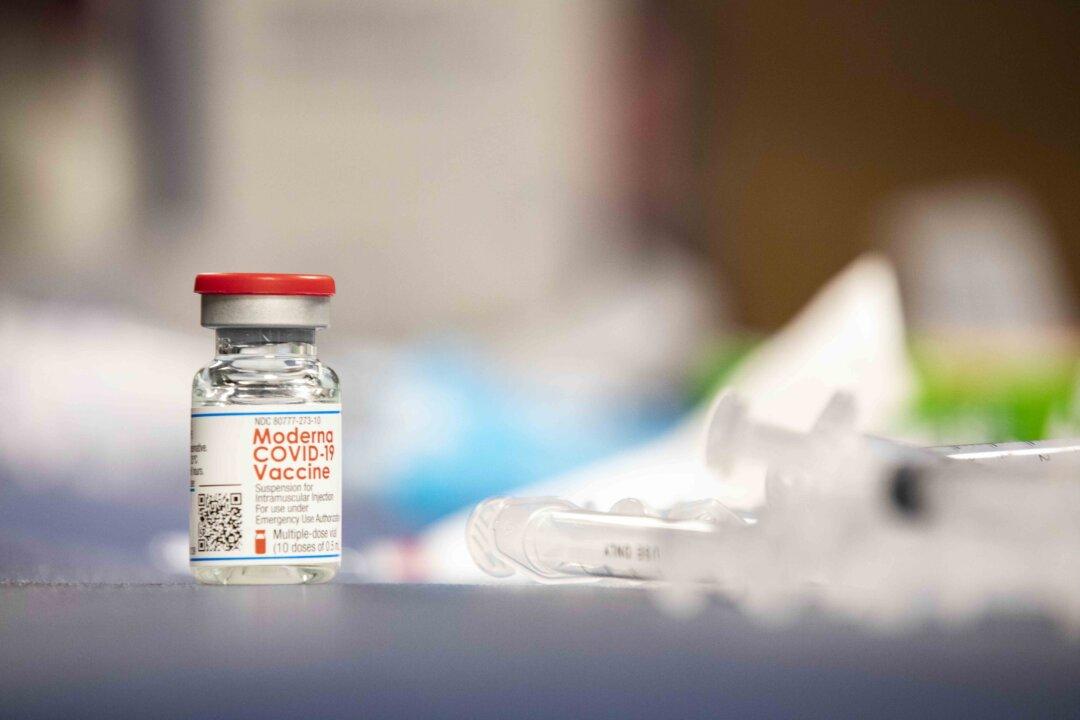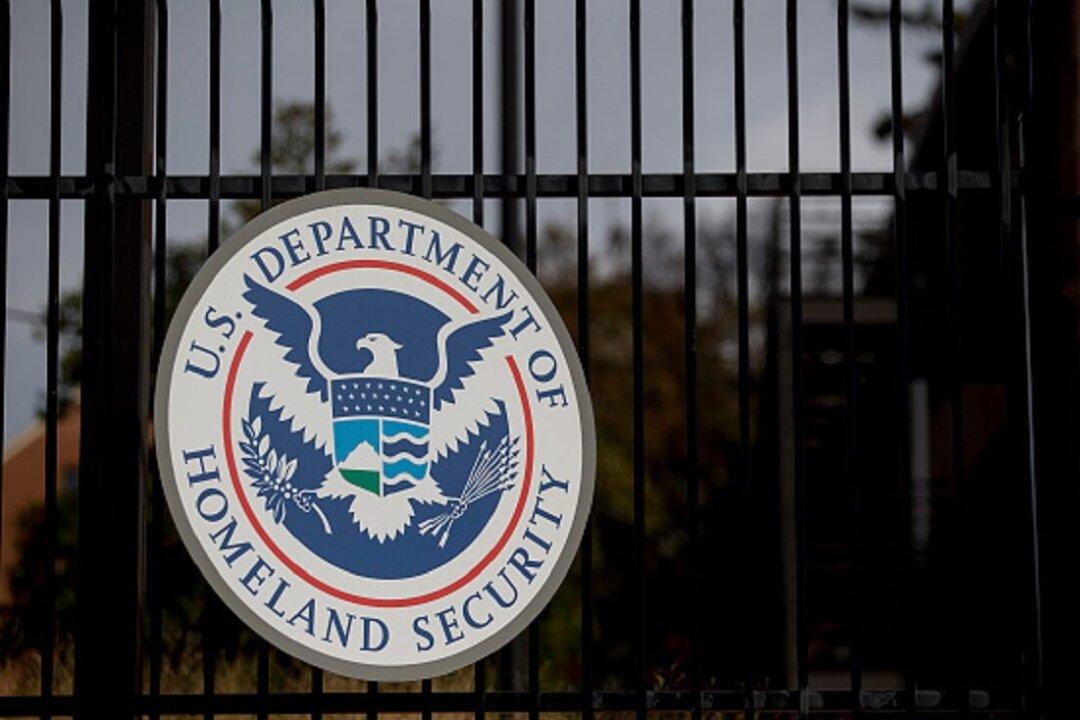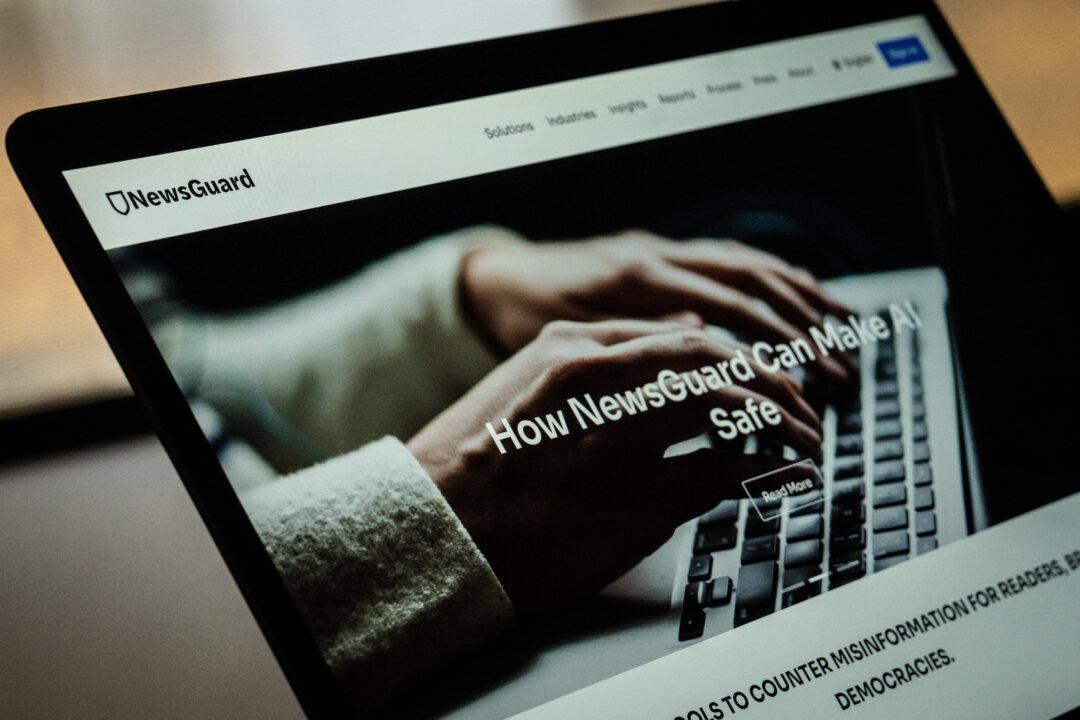News Analysis
Finances at vaccine manufacturer Moderna began to fall almost as quickly as they had risen, as most Americans resisted getting yet another COVID-19 booster shot. The pharmaceutical company, whose pioneering mRNA vaccine had turned it from a small startup to a biotech giant worth more than $100 billion in just a few years, reported a third-quarter loss in 2023 of $3.6 billion, as most Americans refused to get another COVID-19 booster shot.






